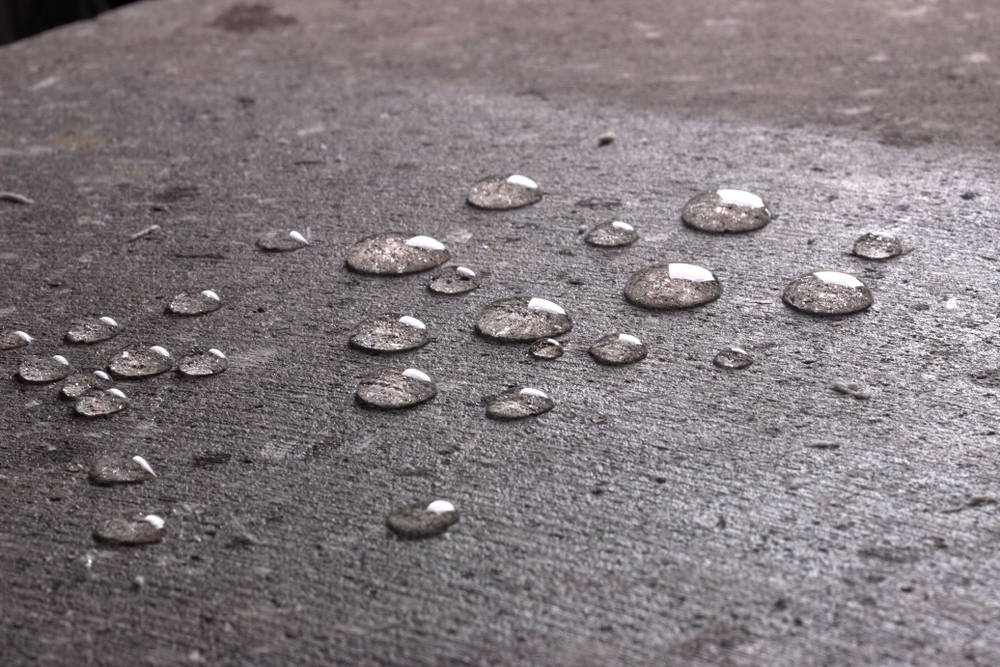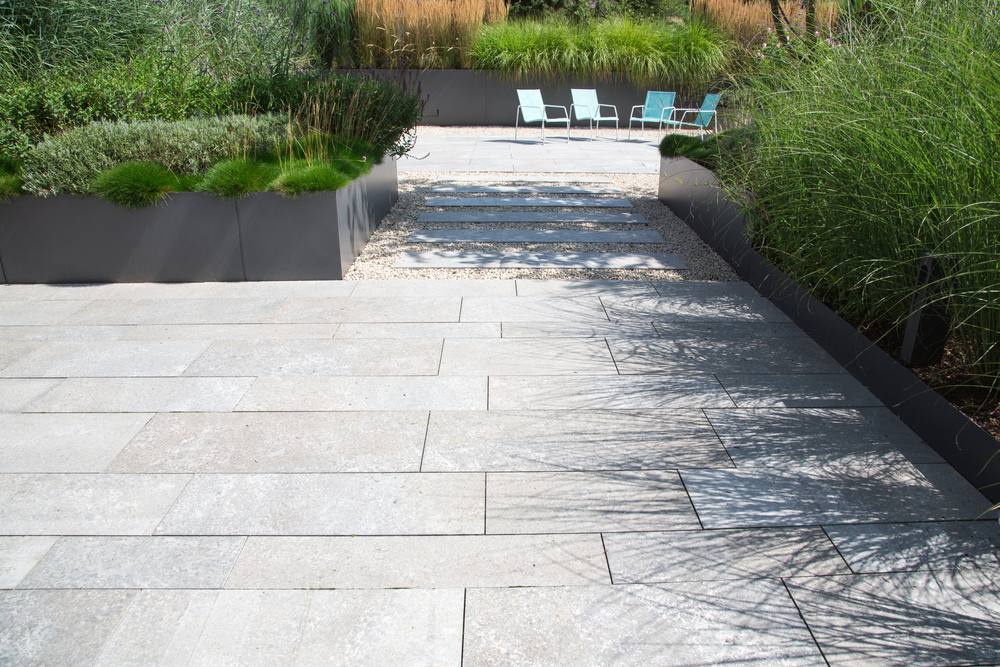Natural stone is a popular choice for homeowners due to its natural beauty and durability. In order to preserve its appearance and integrity, sealants should be properly applied every once in a while. It’s also important to first understand and determine the stone porosity, which is a measurement of the volume of pores in natural stone compared to its weight. Many different types of stone have varying levels of porousness and in this month’s blog, we explore how to determine your natural stone porosity and types of sealants to use.
Determine Your Stone Porosity
Knowing what type of stone you have and how porous it is will help you determine how frequently you need to seal it. A simple test that you can do is by placing water droplets directly on the stone and observing how long it takes for the water to be absorbed. If it is absorbed quickly, then the stone is very porous. On the other hand, if the water sits on top for longer, then the stone is less porous.
The most porous varieties of natural stone include marble, limestone, and onyx. These stones can stain very easily without a sealant and should be sealed approximately every 6 months. While the more durable and less porous varieties, such as granite and quartz, usually only require a sealant once a year and are very easy to clean with soap and water.
Types of Sealant
If you have natural stone on your property, it should have already been sealed on the day it was laid. However, if it’s time to put down a new coat of sealant or you’re planning to add new natural stone pavers, then here are three types of sealants to consider:
- Surface sealants are strippable coatings that are applied to the surface and are easy to remove if necessary. They are usually water-based with polymers and are also available for tile floors. If you’re interested in surface sealants, make sure that it is intended for natural stone. Surface sealants are easier to apply but require more regular applications compared to other sealants.
- Permanent sealants are very difficult to remove. Their formula contains solvent-based polymers such as polyurethane, epoxies, etc.
- Impregnating sealants, or penetrating sealants, are designed to penetrate the surface of the stone and deposit solid particles in the pores. They are usually solvent-based and are highly durable in preventing water, dirt, and oil from absorbing into the stone. This type of sealant is also popular for outdoor use because it isn’t affected by UV light and does not alter the appearance of the stone.
Benefits of Sealing Natural Stone
Sealing your natural stone is extremely beneficial because it protects against stains, bacteria growth, and erosion. It will increase your stone’s durability for years to come while maintaining a clean and neat look. Not to mention, sealants make cleaning a breeze and will repel accidental spills from drinks, oils, and other liquids. Some coatings can even add a layer of slip resistance to ensure safety.
Related: “Benefits of Sealing Your Pool Deck”
Conclusion
Remember that your natural stone needs to be resealed after a certain time period depending on the type of stone and what type of sealant you use. When that time comes, rely on the experts at Oceantime Pressure Washing LLC for professional sealing! Our team will diligently and carefully cover the entire surface and ensure every inch of your natural stone is protected. Learn more about our services by visiting our website or by calling (904) 994-0045.

